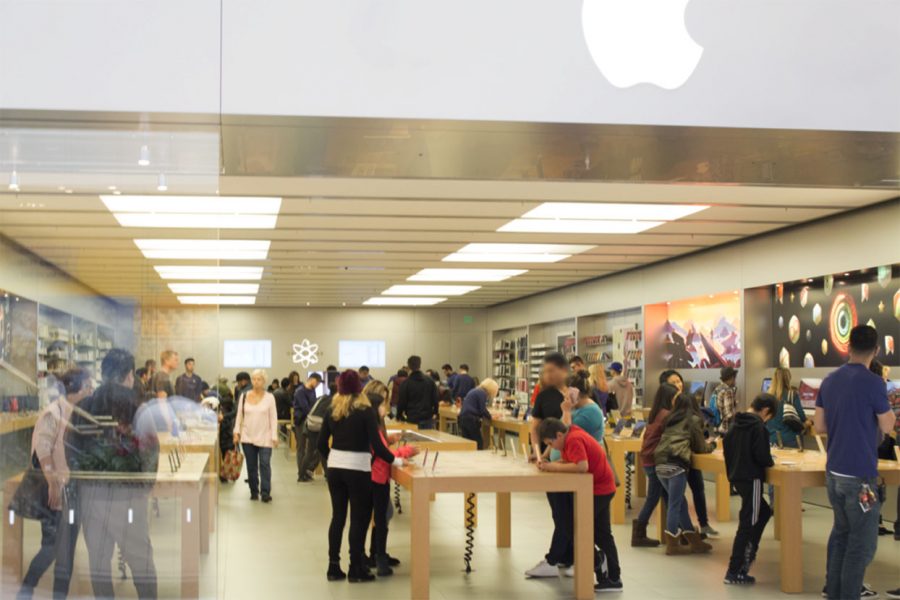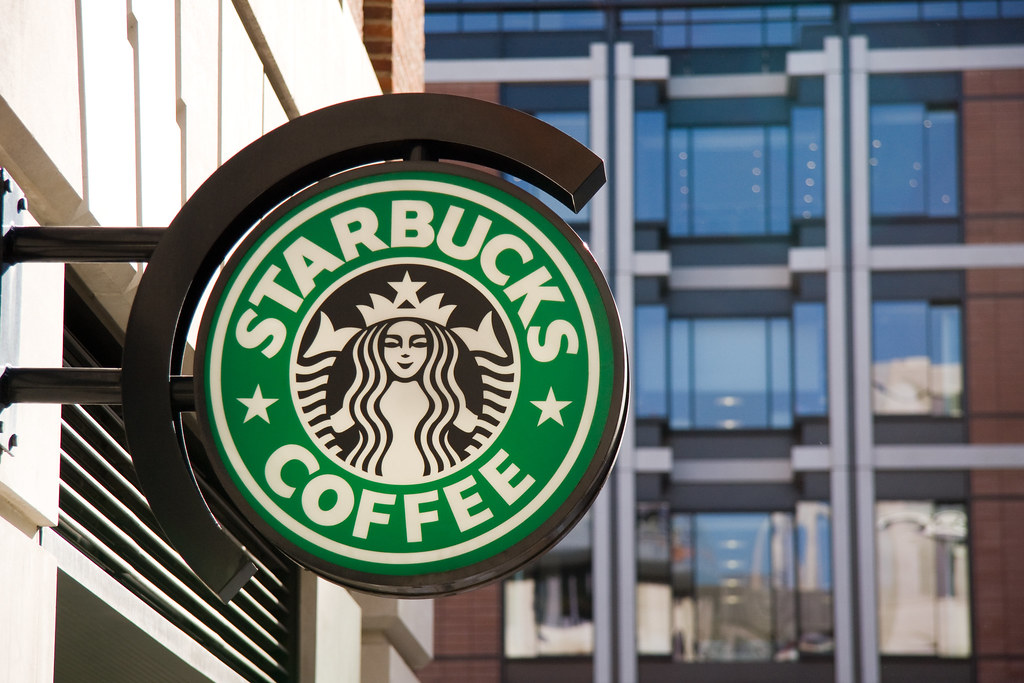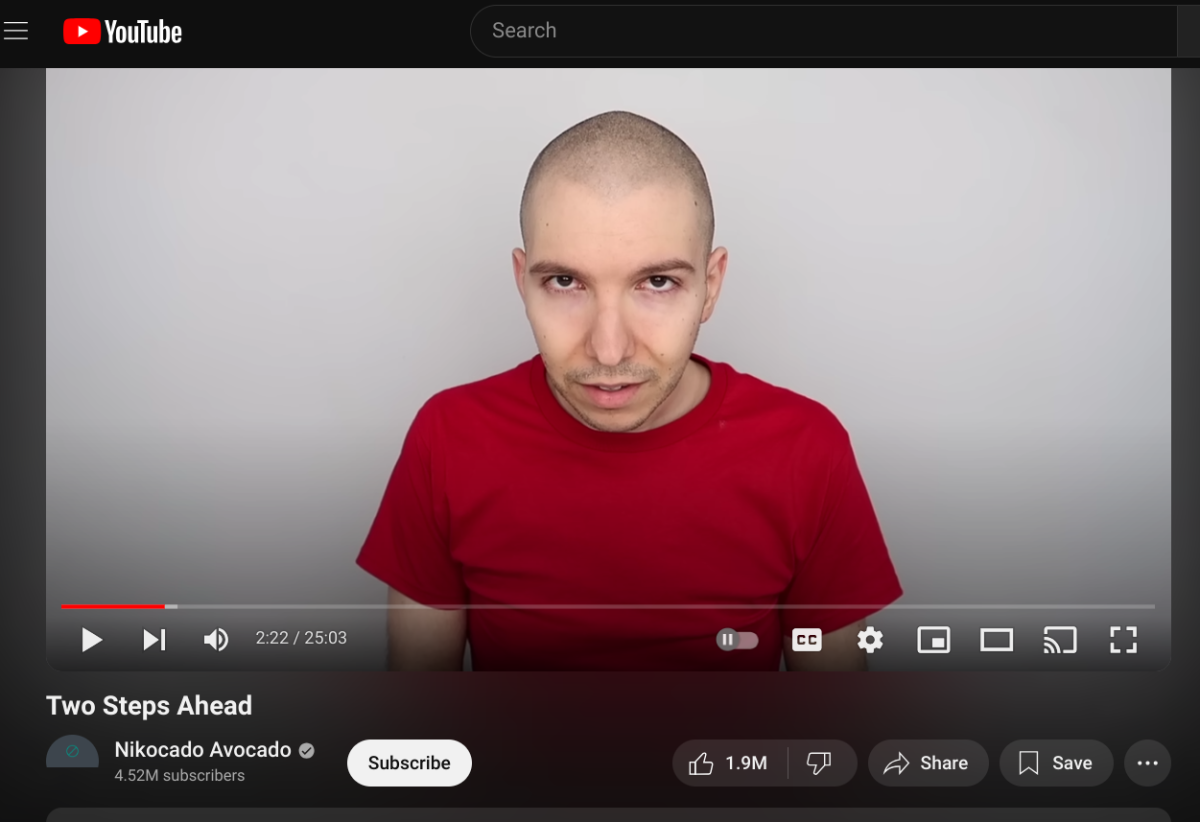Apple’s recently instituted policy of strangling performance on its line of iPhones have resulted in many customers smothering the corporation with complaints
Last January, Apple released the mobile software update 10.2.1, which, among other things, caused significant reductions in performance for thousands of Apple devices. The update causes the Central Processing Unit, or CPU, of the device to slow down app launches, web searches, and more. Detractors of the policy have labelled it as “iPhone throttling,” referring to how the update “throttles” the processing power of the phone. The update has also caused many to question whether Apple is simply making their older models slower in order to pressure people into purchasing the newest lines一 a process known as Planned Obsolescence.
“Of course they want people to buy the newest phones,” asserts Woodside junior Will Bedel, an owner of an older iPhone. “The X costs a thousand bucks now, and why wait for four years for people to buy a new phone when you can make people buy a new one next year?”
Most iPhone owners did not feel the difference in performance until they updated to 10.2.1.
“I’m not really sure why [Apple] did this,” says Woodside student Bardin Fabian. “My phone was totally fine. It wasn’t slow or buggy or anything, so what were they trying to fix?”
Many WHS students feel the same.
“My phone was good until that update,” correlates Bardin’s brother, Park Fabian. “Now it’s really slow.”
Because of this unexpected slowing down and lack of visible cause, some iPhone users have turned to the concept of Planned Obsolescence to explain why their phones are slowing down just in time for the next phone model’s release.
“I mean, what else could it be?” Maya Mulleneaux, a college student, asks. “The timing is just too perfect.”
The company itself has a different explanation for the slowdowns – the iPhone’s lithium-ion batteries. After much negative feedback, Apple posted an explanation on its website on December 28th, 2017, on why it was slowing down user’s phones.
“All rechargeable batteries are consumable components that become less effective as they chemically age,” explains the message. “[Aged batteries are] less capable of delivering peak energy loads, [..] which may result in a device unexpectedly shutting itself down.” These devices include all Apple devices from the iPhone 6 model. <https://www.apple.com/iphone-battery-and-performance/>
This is hardly an ideal occurrence for iPhone users, and Apple knows this. Therefore, the company released the throttling update roughly a year ago.
The update “dynamically manages the maximum performance,” which, Apple admits, sometimes causes “longer launch times for apps and other reductions in performance” for Apple devices with the update installed. In short, it slows down devices so that they don’t randomly shut down.
Despite admitting that the throttling of iPhone devices was intentional, the company denied that its updates were for the purpose of Planned Obsolescence or other monetary gain.
“We have never — and would never — do anything to intentionally shorten the life of any Apple product, or degrade the user experience to drive customer upgrades,” the company declared in its message.
To placate its customers, Apple has made several fairly major decisions. All battery replacements done by Apple are temporarily reduced in price by nearly $40. As well, Apple’s next major update will include the option to turn the performance throttling off.
Apple CEO Tim Cook offered an explanation as to why Apple got so much backlash in an interview with ABC News on January 17th, 2018. <http://abcnews.go.com/GMA/video/america-apple-ceo-tim-cook-52429982>
“When we did put [the update] out, we did say what it was, but I don’t think a lot of people were paying attention – and maybe we should have been clearer, as well,” Mr. Cook told ABC News. “We deeply apologize, to anyone who thinks we had some other kind of motivation.”







